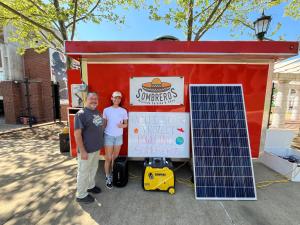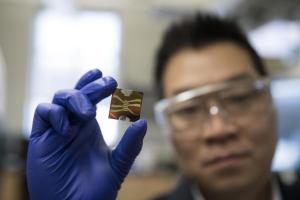Research @ UVA Engineering
Engineering for a Sustainable FutureEngineering a better future will require the best work of researchers collaborating along the spectrum from the tiniest building blocks of materials through the complex workings of entire societal systems. We work at the micro- and nano-scale in fields like heat transfer, catalysis and 2-D materials to identify fundamental properties of matter. Our goal is not simply to conduct research, but to pursue research with positive global impact.
Research Area
Optics, Photonics and Sensing Energy, Transportation and the Environment Materials and Nanotechnology-
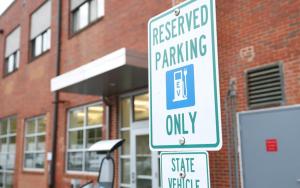
University Embarks Upon Its Plug-In Future
Read NowEmissions reductions associated with UVA’s transition to electric tools and vehicles are enormous, says Andrés Clarens, professor of civil and environmental engineering.
-
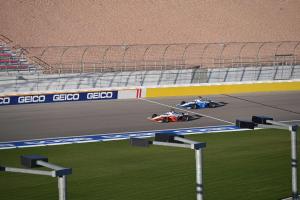
Bringing AI Up to Speed — Autonomous Auto Racing Promises Safer Driverless Cars on the Road
Read NowMadhur Behl, associate professor of computer science and systems and information engineering and Cavalier Autonomous Racing team leader, writes about the history and rapid growth of AI racing.
-

Virginia Business: 100 People to Meet in 2024
Read NowChristopher Goyne, hypersonics innovator and associate professor of mechanical and aerospace engineering, makes the list along with two UVA Engineering alumni.
-
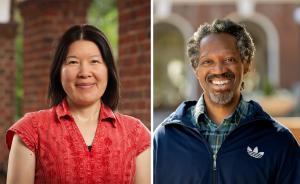
Fueling the Next Wave of Hypersonic Innovations: UVA’s New Aerospace Engineering Faculty
Read NowNewly appointed faculty members will add even more strength and momentum to mechanical and aerospace engineering advancements as they assimilate into the School’s accomplished hypersonic research team
-
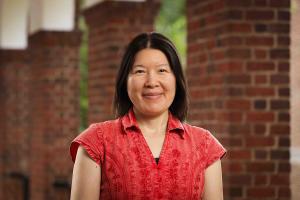
Xinfeng Gao Named 2024 AIAA Associate Fellow
Read NowGao's groundbreaking work in computational fluid dynamics (CFD) and extensive industry collaborations have propelled aerospace technology forward.
-
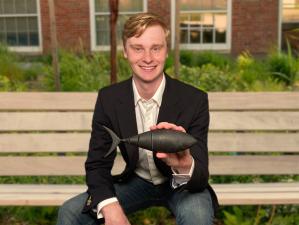
Newer Tunabot Models Are Faster and Bigger — and May One Day Outperform Fish
Read NowAn accomplished UVA postdoctoral researcher knows the power of industry-academia collaborations for underwater vehicle design and development.
-

Airman Magazine: Hypersonics
Read NowAssociate Professor Christopher P. Goyne is featured in Airman Magazine. His lab is providing valuable data to help develop technologies for the extreme environment of hypersonic flight.
-
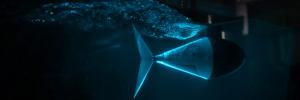
A Robotic Fish Tail and an Elegant Math Ratio Could Inform the Design of Next-Generation Underwater Drones
Read NowUniversity of Virginia School of Engineering researchers uncover the secrets of highly efficient swimming at varying speeds.
-
Let it Flow
